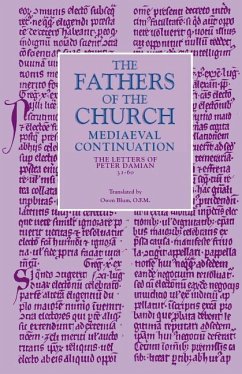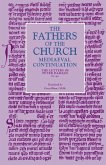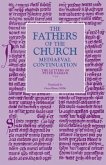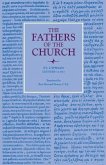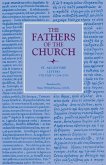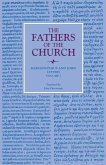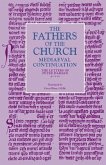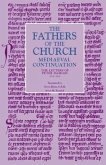This second volumes of the Mediaeval Continuation contains Letters 31-60 of Peter Damian. While his epistolary style is varied--exhortatory, occasional, pastoral, reforming--his message is singular and simple in urging strict adherence to the canons of the Church. Letters 31 and 40 are long treatises, each published separately in critical editions. Letter 31, also known as the Book of Gomorrah, deplores the degradation of the priesthood through the vice of sodomy and appeals to Pope Leo IX to educate and purge the clergy. Letter 40, perhaps his most celebrated work, is also called the Liber gratissimus. In it Peter Damian opposes the reordination of those ordained simonists but writes that simonists are ""worthy of the supreme punishment that befits the incorrigible."" The very early reference to the ""heart of Jesus"" which is found in this letter was anticipated only by the Venerable Bede. Among the more personal letters are 55 and 57. In the former he writes of a long, debilitating illness, so serious that funeral preparations had been made, and of his immediate recovery when his brethren gave food to one hundred poor people. In the latter, he begs to be relieved of the administration of the diocese of Gubbio because of ill health, so that he may return to Fonte Avellana and his ""beloved solitude."" He also makes many references to folkloric tales and, perhaps, the earliest reference to the game of chess in Western literature. Letter 58 to Henry the archbishop of Ravenna in 1058 is the best example in the collection of Peter Damian's political and ecclesiastical influence. In it he gives his opinion of Benedict X and Nicholas II, the two candidates for the Apostolic See. He makes no effort to conceal his strong opinions but rather requests that this letter be made public so that all may learn what he has thought about the subject. This is perhaps, after all, what he would have hoped for the entire collection.

